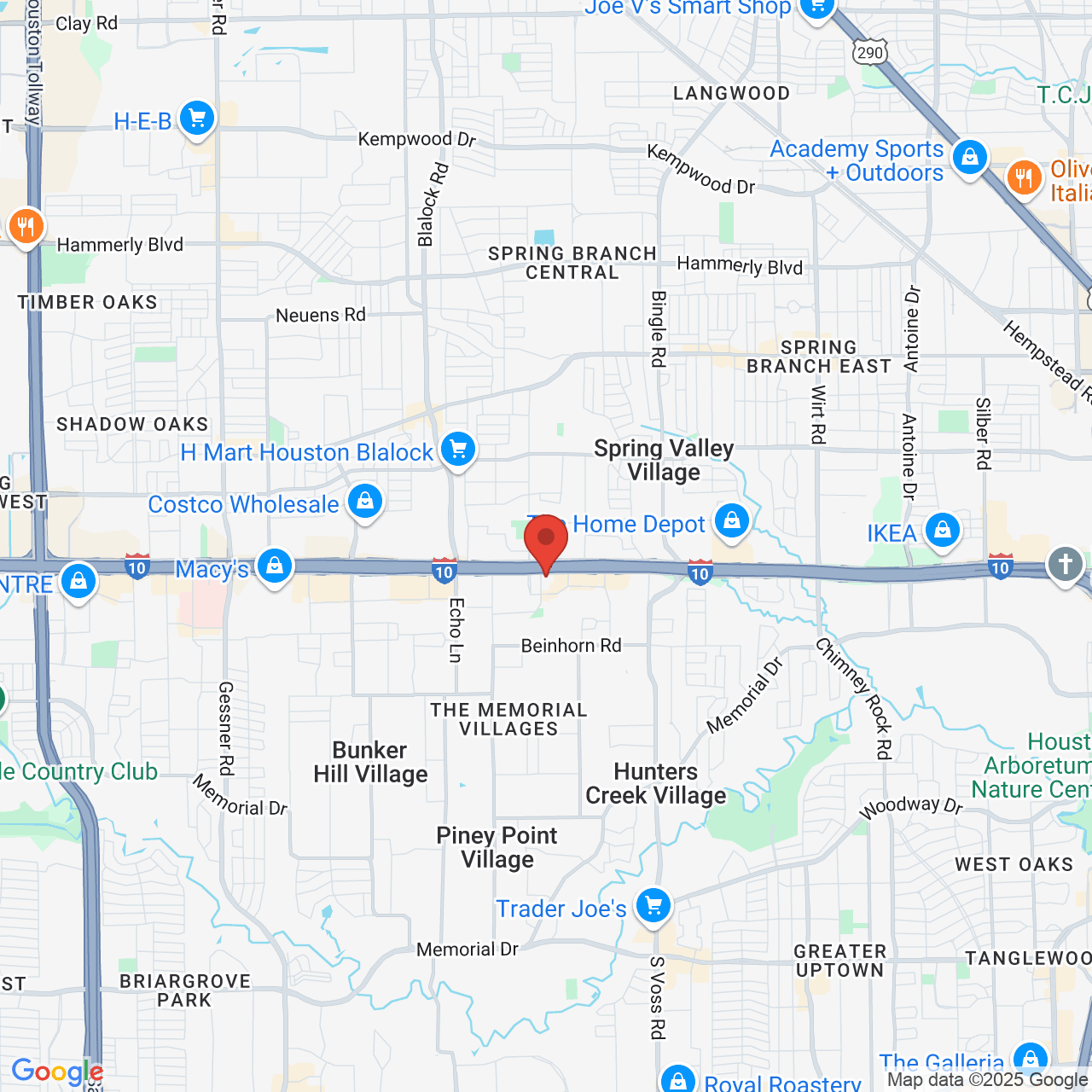Adhesiolysis Recovery: Patient Healing Information
 There are many surgical options to consider that can improve fertility. One such option is adhesiolysis. Adhesiolysis is a surgical procedure that is performed to remove adhesions. Adhesions affecting the ovaries, fallopian tubes, and other parts of a woman’s pelvis can have a negative impact on fertility. Reproductive system adhesions are often associated with conditions like endometriosis as well as previous injuries, infections, or other health conditions that affect a woman’s pelvis and reproductive organs.
There are many surgical options to consider that can improve fertility. One such option is adhesiolysis. Adhesiolysis is a surgical procedure that is performed to remove adhesions. Adhesions affecting the ovaries, fallopian tubes, and other parts of a woman’s pelvis can have a negative impact on fertility. Reproductive system adhesions are often associated with conditions like endometriosis as well as previous injuries, infections, or other health conditions that affect a woman’s pelvis and reproductive organs.
By removing these adhesions, surgeons can reduce discomfort associated with these conditions. In the process, the surgery improves a woman’s ability to conceive a child, whether through natural means or professional fertility treatment at our Houston, TX facility. Let’s take a moment to consider the recovery process after adhesiolysis is performed.
Common Post-Surgical Side Effects
Adhesiolysis is usually performed laparoscopically, minimizing the need for large incisions and open surgery. Even still, there are side effects following the procedure. The common side effects may include:
- Discomfort around the incision sites
- Bruising
- Swelling
- Tenderness
These are all natural responses to surgery and will improve with time as part of the recovery process. Patients can use recommended pain relievers to address their discomfort. While rest is a priority, light walking is recommended each day to promote circulation and prevent the formation of blood clots after surgery.
Activities to Avoid After Adhesiolysis
After adhesiolysis, it’s important to avoid the following activities:
- Heavy lifting
- Swimming
- Hot tubs and saunas
- Strenuous exercise
Your surgeon will be able to determine when these activities can be resumed. Be conservative with your activity level, and be sure to pay attention to the needs of your body. If you notice discomfort while performing an activity, take things easy and ask for help.
At the sign of any undue pain or other unexpected side effects, be sure to speak with your surgeon as soon as possible. Having these matters addressed in a timely manner can help prevent complications.
Recommended Diet During Recovery
While recovering from adhesiolysis, patients are encouraged to eat a healthy diet that’s rich in nutrients. Avoid junk food, fast food, and other food items that may be difficult for your body to digest and process. Stick with simple cooked foods, like lean proteins, rice, yogurt, and soft cooked vegetables.
Be sure to hydrate regularly with water throughout the day. Avoid soft drinks and alcoholic beverages until your surgeon says so. A simple, properly focused diet like this can help your body on the road to full recovery.
Attend All Follow-Up Visits at Scheduled
Follow-up visits with your surgeon will take place within the first week after surgery and a few times afterward. Be sure to attend these visits as scheduled. They will allow the surgeon to monitor your recovery and determine if you are healing on schedule. This also gives you a chance to discuss concerns you may have about the treatment process and what you are currently experiencing.
Returning to Normal Activities
Most adhesiolysis patients are able to return to normal activities within two weeks. Patients will want to defer to their surgeon on these matters, however. While an adhesiolysis patient may be fine returning to work, she may want to hold off on extreme exercise routines and other activities until her body is full healed.
Post-Surgical Scarring and Long-Term Recovery
Scarring is a reality after any surgery. Thanks to laparoscopic techniques, the scars from modern adhesiolysis are minor and difficult to notice. With time, the scarring will fade. Many bathing suits and undergarments can conceal these small scars quite easily.
In terms of long-term recovery, a fertility specialist can monitor your reproductive health after the surgery is completed. There is a chance that a woman’s fertility will benefit from the procedure being performed.
Contact and Experienced Fertility Specialist
For more information about adhesiolysis and what to expect from the surgical procedure, be sure to contact the specialists at Houston Fertility Center. We are here to help you achieve wellness and improve your chances of having a healthy child.


